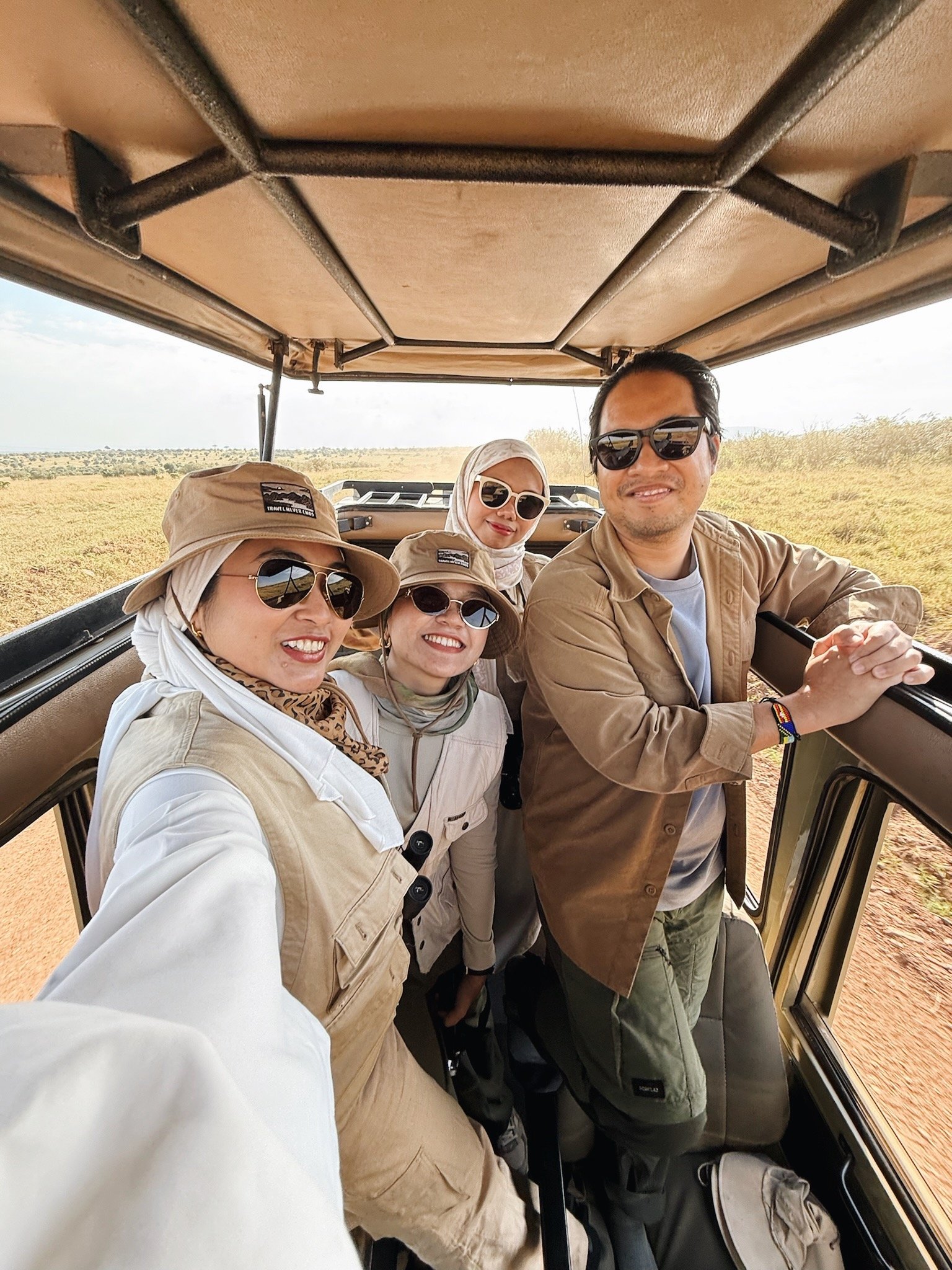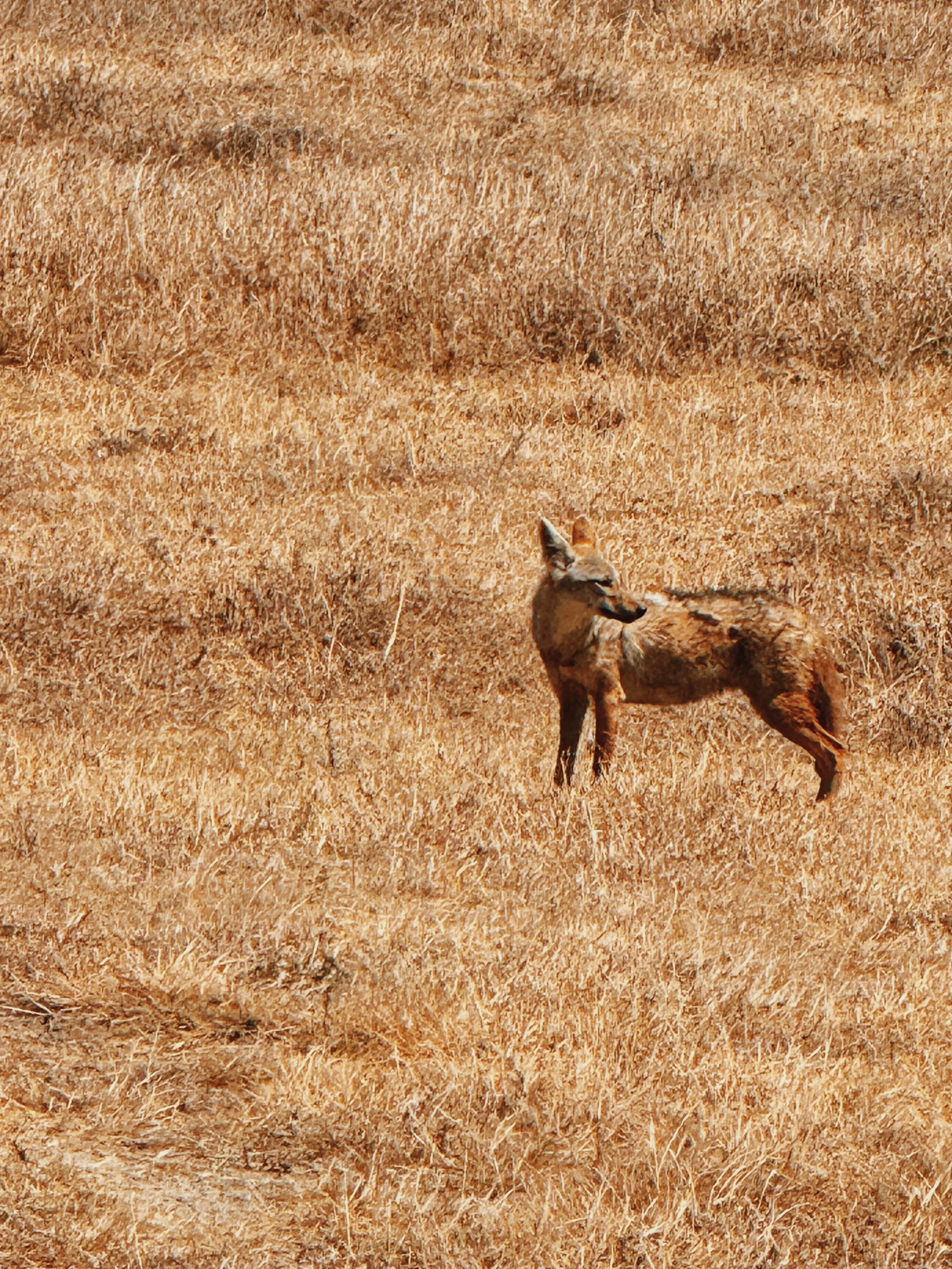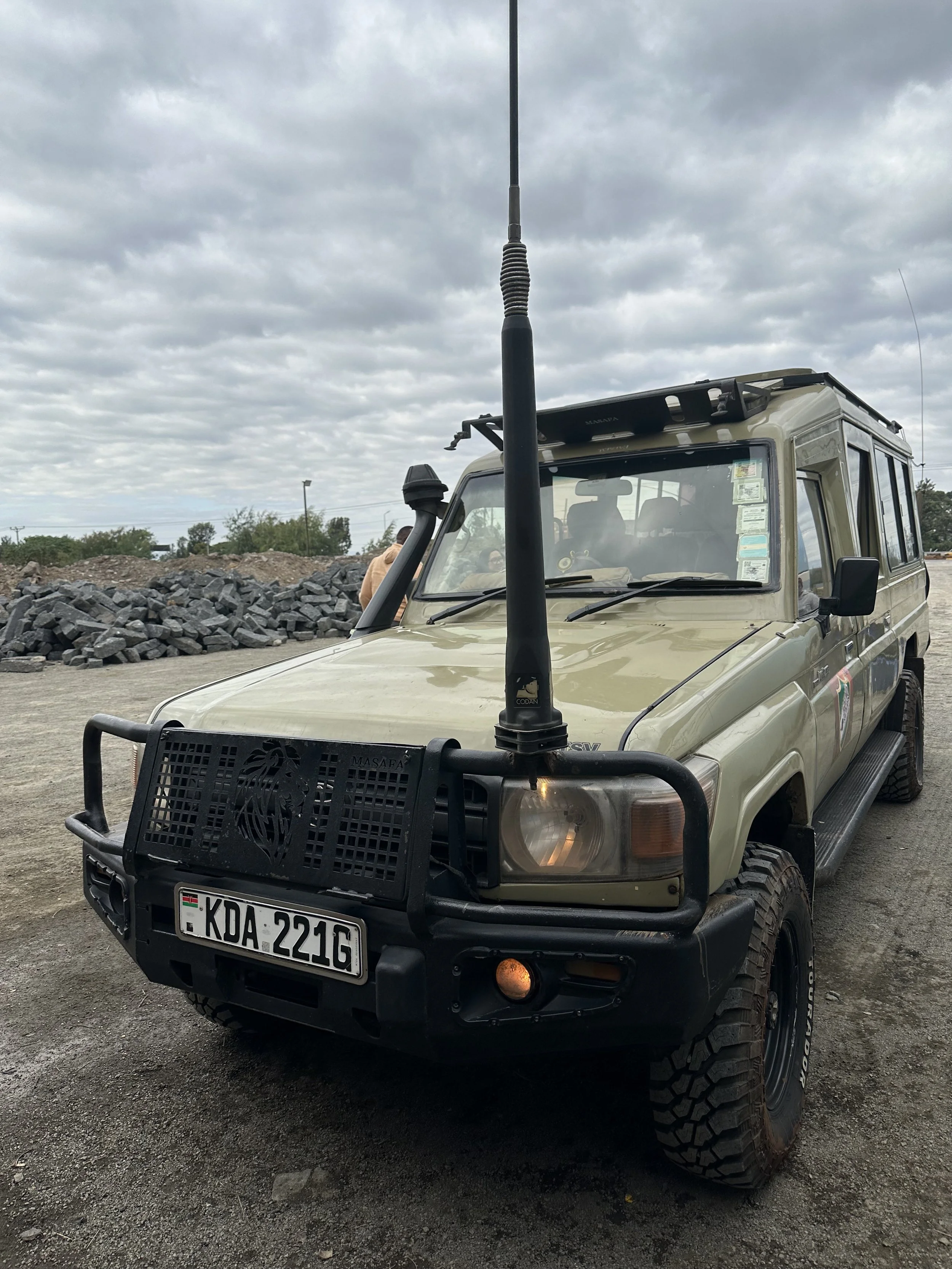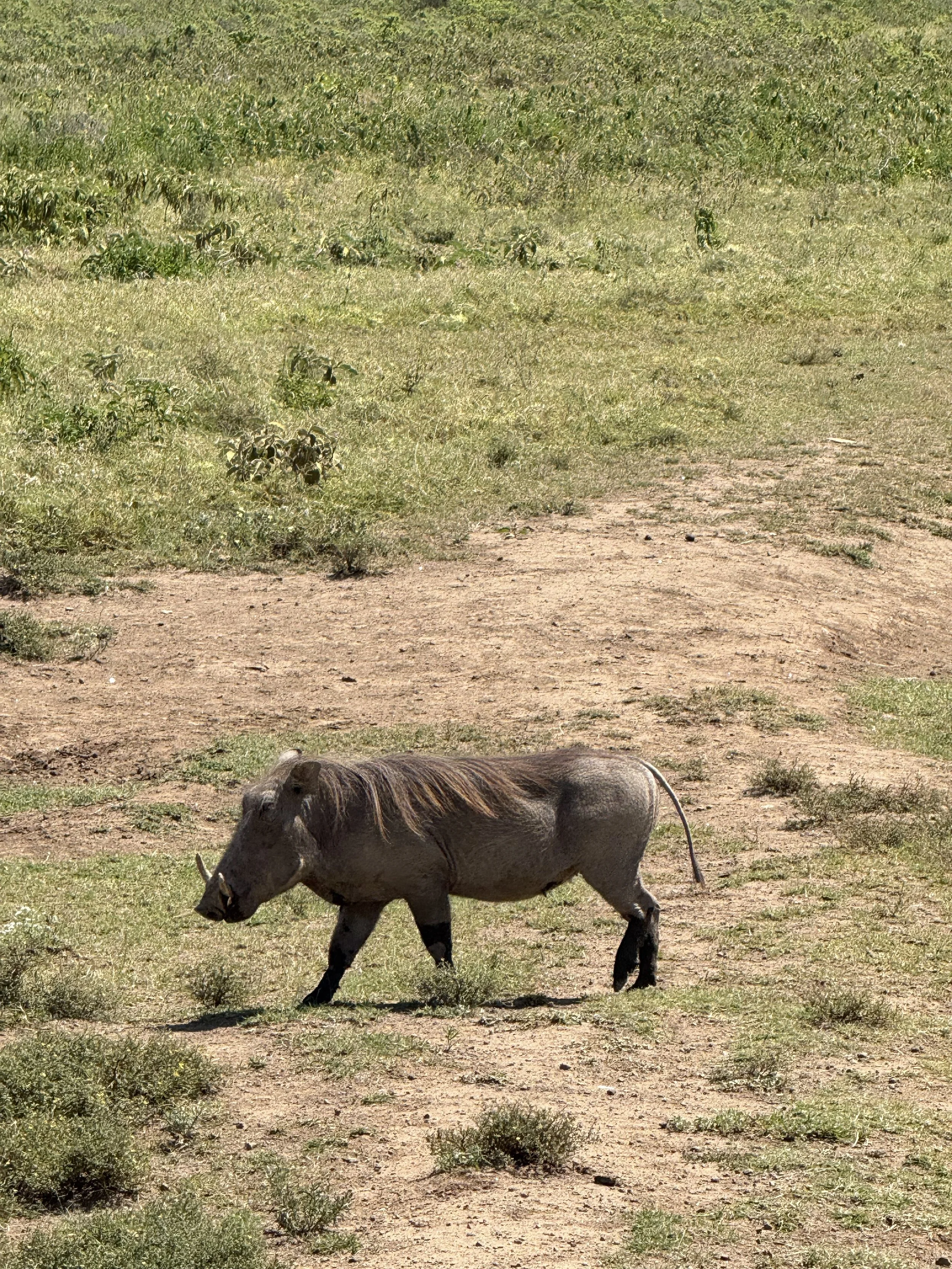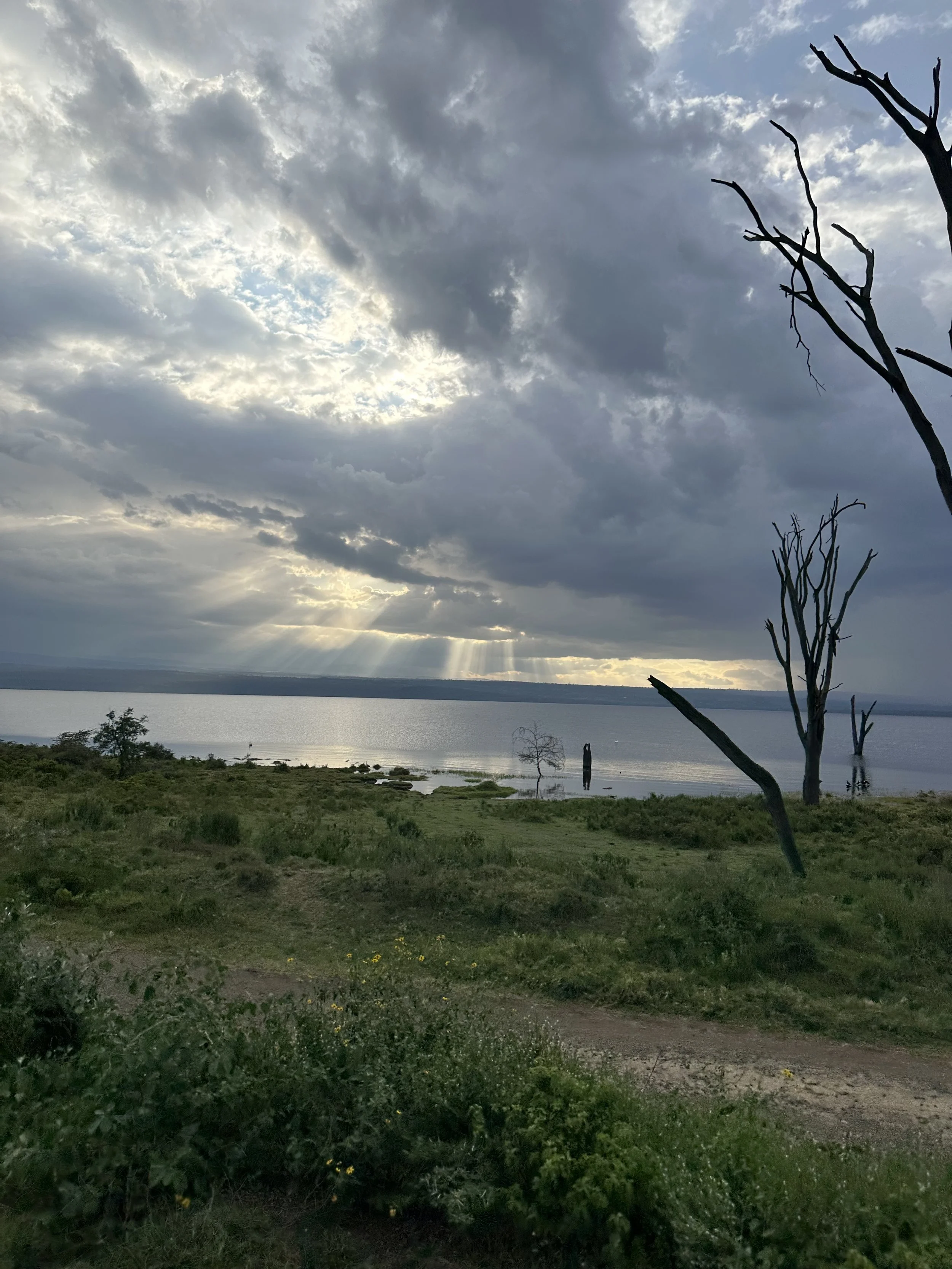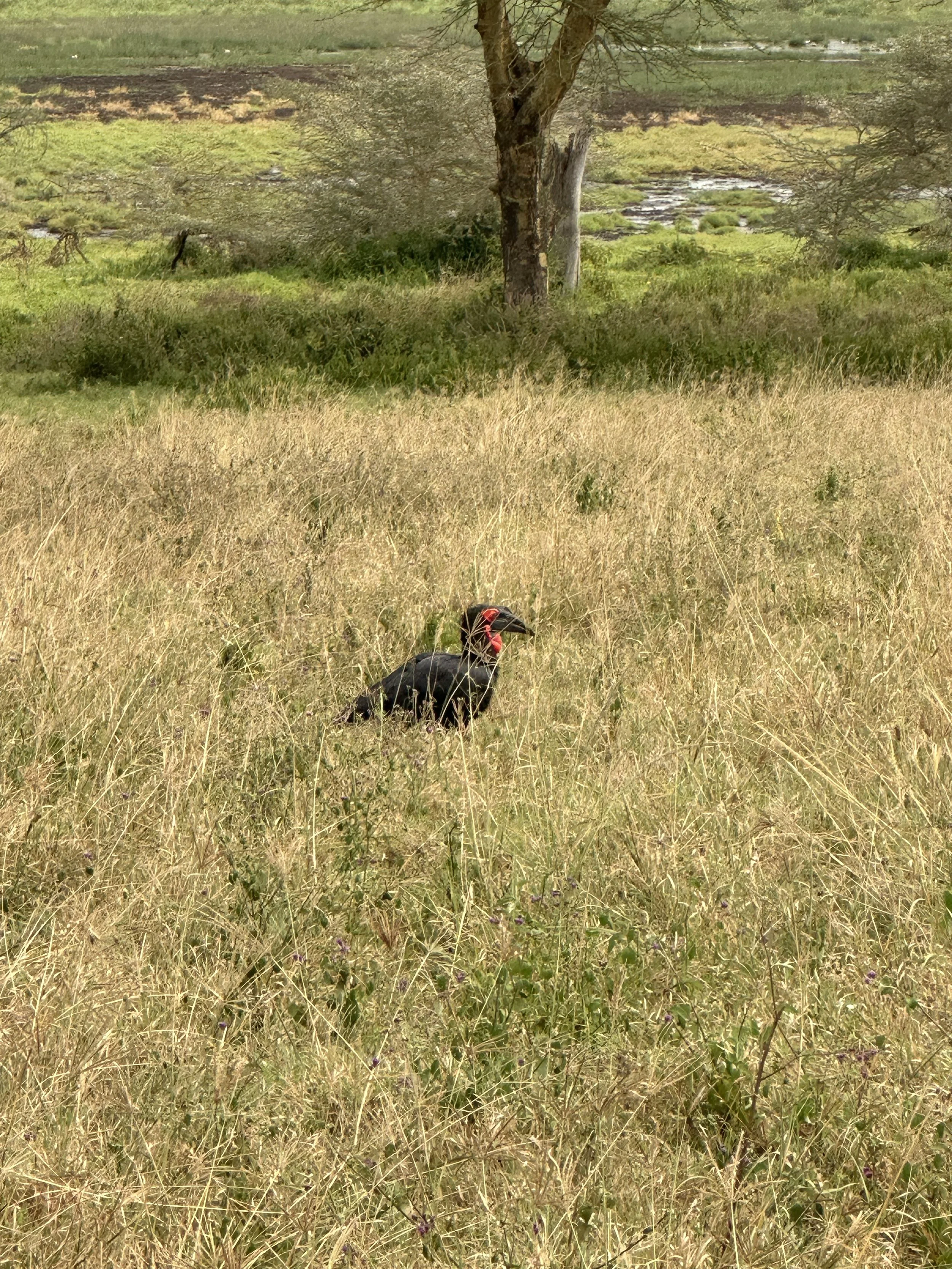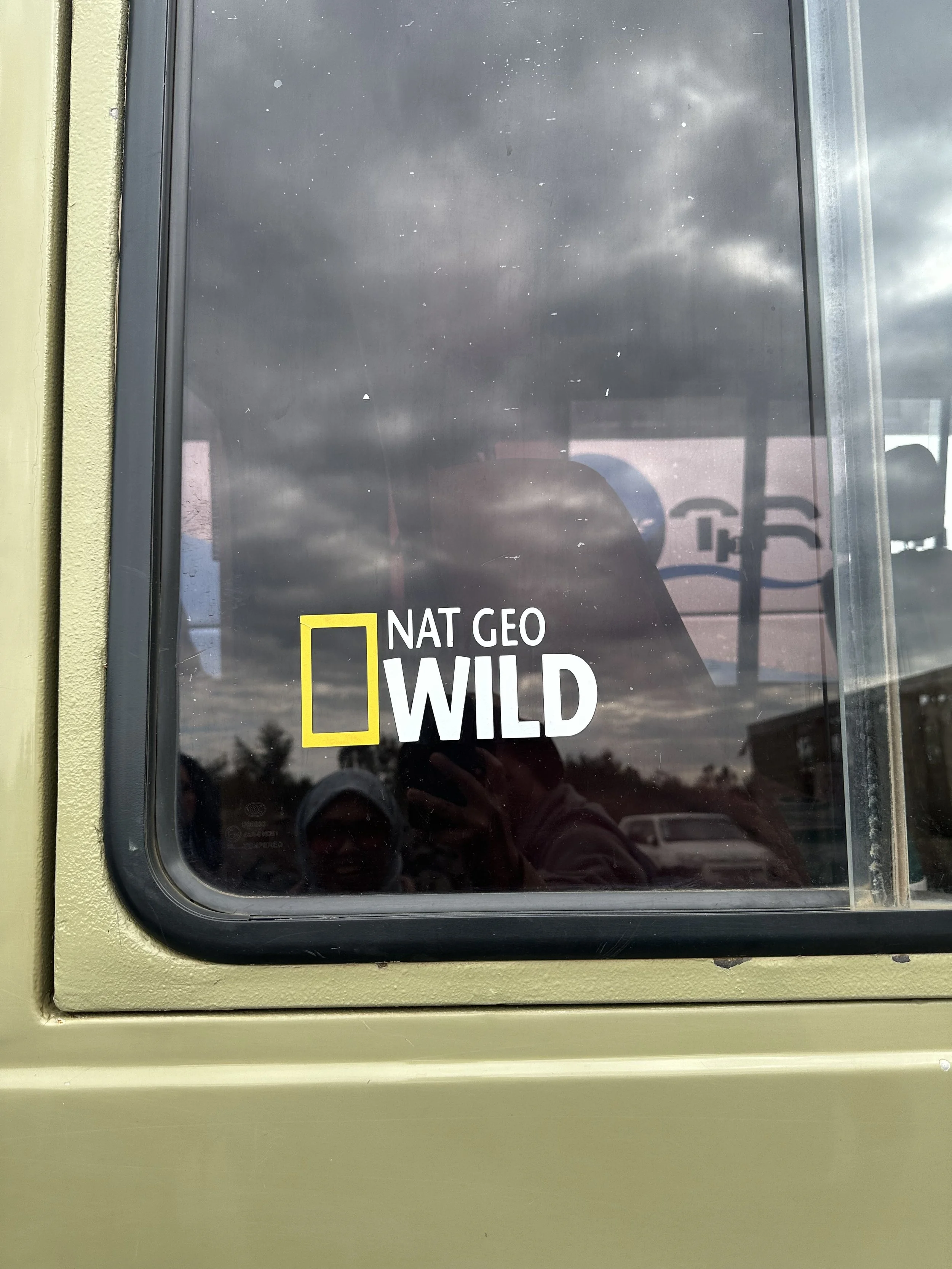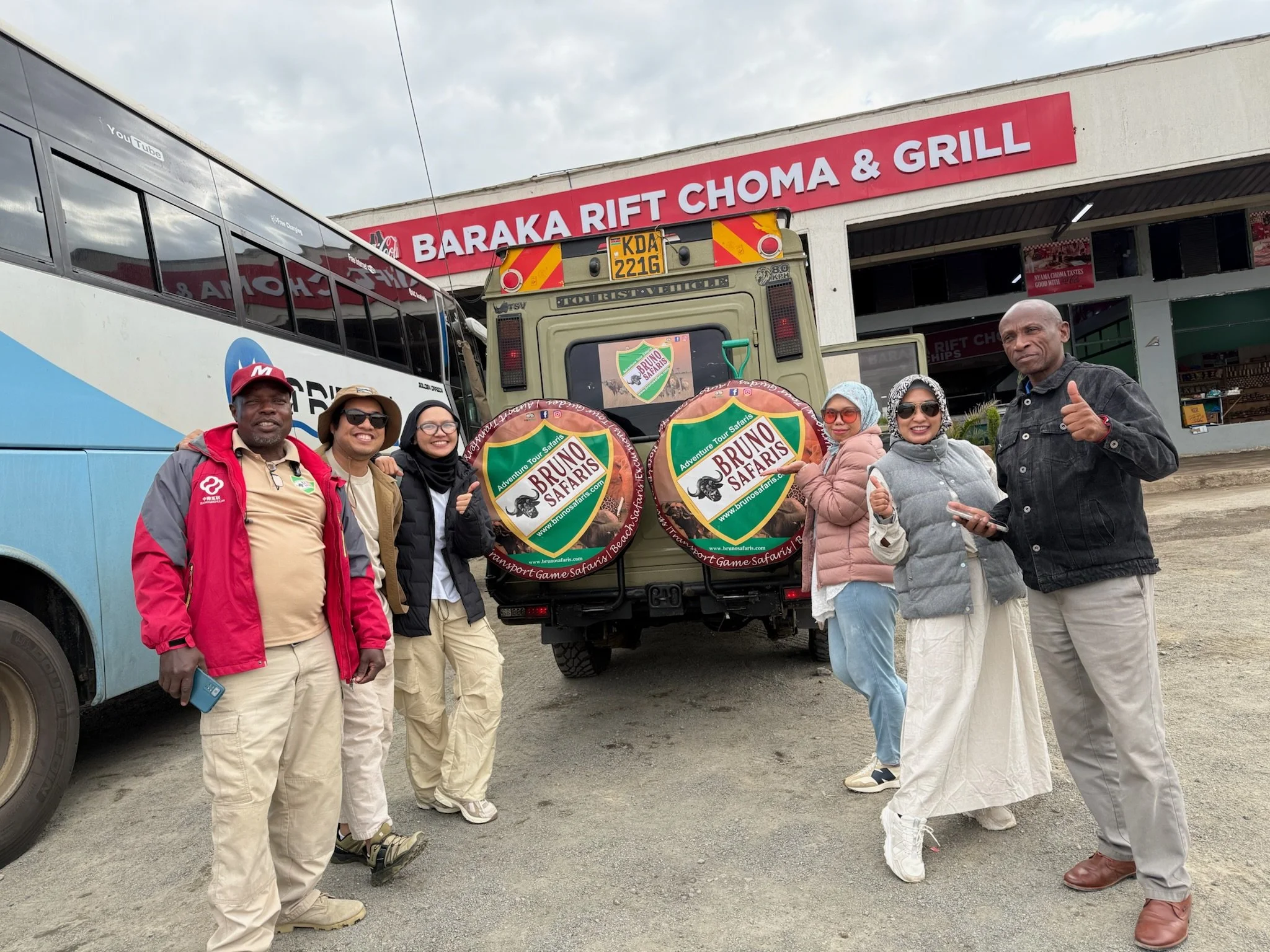nakuru — merdeka morning, safari beginnings.
Hello peeps!
Welcome back to another post of my lengthy travelogue in East Africa adventures!
It is 31st August of 2025.
In Malaysia, it was a day of parades, fireworks, and waving Jalur Gemilang high in the sky. In Kenya, for me, Merdeka morning began inside a creaking bus seat, groggy from hours of rattling on African highways, staring out at the horizon where dawn was beginning to tease the sky. This wasn’t Kuala Lumpur, this was Nakuru. And instead of parades, my day would be painted with zebras, giraffes, rhinos, and the endless pink shimmer of flamingos.
But let me start from the beginning.
the bus that shouldn’t have been ours.
We were supposed to go all the way to Nairobi. That was the deal when we bought the tickets. Another twenty-two hours of bumping, swerving, groaning engines, and we’d end up in Kenya’s capital. But somewhere along the road, Ida and I decided Nairobi could wait. The Masai Mara was calling, and Nakuru — halfway along the route — was the smarter place to break the journey.
So, like all good travel improvisations, we begged the driver to let us off early.
“Here? In Nakuru? Not Nairobi?” he asked, side-eyeing us with suspicion.
“Yes, please. Halfway. We’ll manage,” Ida said with the confidence of someone who always manages.
He shook his head, muttered something under his breath about “tourists,” and grunted in agreement. And just like that, we had rewritten the plan.
But the road to Nakuru still had one more drama for us.
the jinja petrol station fiasco.
Sometime in the black stretch of night, the bus pulled into a petrol station in Jinja, Uganda. Passengers spilled out into the cool air, stretching like tired cats, while the bus hissed and the smell of petrol mingled with frying oil. The station kiosk glowed with snacks stacked neatly: crisps, biscuits, nuts, bottled sodas, bread rolls. My stomach growled at the sight.
Ida, ever the hero, stepped forward with her card. We could already taste the coffee by smelled it.
Swipe. Error.
Tap. Declined.
Insert. Red blinking light.
The machine wasn’t having it.
We tried again. And again. Each time, the cashier shook his head with the indifference of someone who’d seen this many times before. The queue behind and the bus driver was shifted impatiently.
Ida frowned, muttered, “Really? Tonight of all nights?”
I sighed dramatically, “Life’s a soap opera. And we’re clearly the stars.”
No snacks. No coffee. Just us, sulking back into the bus while other passengers munched loudly. Each crunch was like a dagger to our hearts. Luckily, the coffee that was left out comes to us miraculously. The cashier decided to give it away to us for free. Blessed African people, said us simultaneously.
The bus roared back onto the road, and we continued — hungry, cranky, but still laughing at the absurdity in the assistance of coffee. Because really, what’s travel without a bit of midnight tragedy?
arrival in nakuru: a city awakening.
By the time the bus finally rolled into Nakuru, the sky was soft with first light. That strange blue hour — neither night nor day — where everything looks like a watercolour painting. The bus hissed as it braked, and the passengers shuffled off like survivors of a long siege.
Nakuru at dawn was alive but not rushed. The streets were still stretching awake. Boda bodas buzzed by, engines whining like mosquitoes with attitude, weaving dangerously between bigger vehicles. Vendors were setting up roadside stalls, smoke curling from makeshift stoves. The smell of chapati frying drifted through the cool air, warm and inviting. Somewhere, a radio crackled with early morning news in Swahili, words tumbling out fast and rhythmic.
Ida and I stood there, backpacks slung, trying to shake the bus-ride stiffness from our bones. After twelve hours of being shaken like maracas, my legs felt like jelly.
“Okay,” Ida said, stretching. “Priority number one: bathroom. Priority number two: food. Priority number three: wait for the guide.”
I nodded, “Agreed. In that order, exactly. No skipping the bathroom. No skipping food.”
We found a modest seat tucked along in the service area — faded paint on the walls, wobbly plastic chairs, but the smell of chai drifting out was irresistible. Inside, it was warm, alive with clinking mugs and quiet chatter.
The bathroom was fundamental — cracked cement, cold tap, a mirror that had seen better decades. But after the bus, it felt like a spa. Splashing my face with cold water, I felt human again.
Then came breakfast. A toast that was slightly burnt at the edges, and a mug of steaming hot chai poured from a battered kettle. Simple, but glorious. Each bite felt like a victory. Each sip of chai burned and soothed at the same time, warming me back into existence.
We sat there quietly, just breathing, chewing, and letting our bodies remember what it felt like to not be jostled. Outside, the streets grew busier: children in school uniforms skipping along, shopkeepers sweeping dust off their front steps, the first taxis honking for passengers. Nakuru was awake. And so were we.
meeting the safari dream team.
At around 8 a.m., our ride arrived. Three men who would become characters in our safari saga.
First was Collins. Young, bright-eyed, bubbling with energy. He grinned at us like we’d been friends for years, cracking jokes instantly and radiating the kind of enthusiasm that makes you feel like you’re in safe, capable hands.
Then came Mr. Livingston, our driver. The moment he introduced himself, the entire gang shouted in unison:
“MR. LIVINGSTON!!!”
(yes, exactly like That’s So Raven’s “Cake Fear” episode). He burst out laughing — clearly, he had never been introduced to a Disney Channel chorus before.
Finally, we met Collins’ father, the owner of Bruno Safari. Calm, grounded, the type of man who carried wisdom in his posture. With him, you felt a quiet reassurance: he knew this land, and we were in good hands.
Bags loaded, cameras ready, hearts racing — we rolled toward the park.
first steps into lake nakuru national park.
After breakfast, bags stowed, and cameras charged, our safari truck rumbled out of town and toward the famous Lanet Gate — one of the main entrances into Lake Nakuru National Park. The road leading there wound past small shops painted in bright hand-painted signs, little fruit stalls stacked with bananas and pineapples, and children waving as we passed.
I could feel my excitement building with every bump of the truck. This was the threshold — the doorway into the wild.
When we arrived, the Lanet Gate stood quietly against the backdrop of green hills and acacia trees. A modest structure — not grand, not imposing — but to me, it might as well have been the gates of Narnia. Beyond those bars lay zebras, flamingos, giraffes, rhinos. Beyond those gates was the Africa I’d dreamed of since childhood, as seen in documentaries narrated by David Attenborough.
The jeep stopped, brakes squeaking. We hopped out, stretching our legs.
The area outside the gate was a little world of its own:
Tourists in hats and safari vests milling around, checking their cameras.
Drivers leaning on their trucks, chatting and laughing in Swahili.
Vervet monkeys darting cheekily between parked vehicles, their little hands reaching for anything edible left unattended.
We took the obligatory “Welcome to Lake Nakuru” photo by the sign, the kind of picture that every traveller has, but each carries with pride. Ida fussed over the angle — “lower, no, tilt up, I need the sign and the sky” — while I perfected my safari pose, trying to look like I’d been born for this.
Then came the washroom stop. A safari rule I quickly learned: always go when you can. Because once you’re inside, surrounded by wildlife, there are no convenient toilets — only bushes and the awkward shame of an audience of baboons.
The washrooms were simple, concrete blocks with faded paint, but after our bus ordeal, it was a blessing. The cold water splashed on my face felt like a prelude, like washing away the city dust before stepping into something sacred.
Meanwhile, Livingston handled the paperwork at the ranger’s office. Collins strolled back with the confidence of someone who’d done this a hundred times, permits in hand.
“All set,” he grinned. “You ready to meet the animals?”
“Yes,” I said instantly, heart pounding.
Livingston, climbing back into the driver’s seat, turned to us and said in his calm, deep voice:
“Once we pass this gate, it’s their land, not ours. Remember that.”
His words lingered.
The ranger opened the gate. Metal creaked, dust stirred.
The truck lurched forward, rolling into the park. And in that moment, I swear I felt like I was crossing into another world — one where every tree might hide a leopard, every horizon might shimmer with flamingos, every rustle of grass might signal something wild.
The Lanet Gate closed behind us with a clang.
The adventure had begun.
our very first game drive: a symphony of the wild.
zebras: the striped dancers.
Almost immediately, we saw them — zebras. Dozens of them, grazing calmly, stripes gleaming under the soft sun. Their black-and-white patterns looked unreal, like someone had sketched them into the golden grass with a calligraphy brush.
One foal stuck close to its mother, its little legs awkward but eager. They flicked their tails in unison, swatting flies.
“Look,” I whispered, “living barcodes.”
wildebeests & antelopes: the sprinters.
Further in, the wildebeests appeared. Dark, muscular, with shoulders that looked like they were carved from stone. They stood silently, chewing the earth’s grass as if plotting some great escape.
Suddenly, a group of antelopes bounded across the field, leaping so gracefully that for a moment they seemed weightless. As’ cameras struggled to keep up. Their speed was pure poetry.
giraffes: the gentle royals.
Then, towering above the acacias, a giraffe. My heart leapt. Its long neck swayed as it reached for leaves, moving slowly, like a king surveying his kingdom.
It turned its enormous eyes toward us, chewing lazily. There was no fear, no urgency — just a regal acknowledgment of our presence. For a brief second, I swear we locked eyes, and I felt both tiny and honored.
buffaloes: the standoff.
Not long after, two African Cape buffaloes emerged from the bushes. Massive, horns curving like ancient crowns, eyes sharp and unflinching.
Livingston slowed the vehicle.
“Buffalo,” he said, voice serious, “don’t joke with them.”
We didn’t. We clicked photos from a very respectful distance, half in awe, half in fear.
flamingos: the pink horizon.
And then came the moment.
We reached the lake, and my breath caught. Thousands of flamingos stood clustered together, their pink feathers painting the shoreline like spilled paint across a canvas. The air shimmered with their presence, their reflections rippling in the lake.
When they lifted off, wings flashing crimson and black, the entire sky seemed to move. The sound of their beating wings was like thunder softened into applause.
I didn’t even bother with the camera for a while. I just sat there, jaw open, whispering, “Unreal.”
rhinos: the living tanks.
In the grasslands beyond, two rhinos lumbered into view. Heavy, ancient, their horns pointed skyward like weapons. Their skin looked like armor, folds and ridges etched with history.
We watched in silence, the weight of their presence pressing down on us.
“Rhinos here are protected,” Collins said softly.
And for a moment, gratitude filled the air.
the baboon circus.
Then came the comic relief: baboons.
A family sprawled across the roadside, mothers grooming babies, juveniles wrestling, old males glaring like grumpy grandfathers. One bold baboon strutted right past our truck, tail high, eyes daring us to interfere.
We burst into laughter. Even Livingston cracked a grin. The wilderness had its kings and queens, but it also had its comedians.
makalia falls: the hidden finale.
Just when I thought Lake Nakuru had shown us everything — zebras dancing on the plains, flamingos painting the lake pink, rhinos moving like armored tanks, and baboons acting like stand-up comedians — Collins leaned back from the front seat with a grin.
“Not finished yet,” he said. “We’ll stop by Makalia Falls before we leave.”
The drive there wound deeper into the park, the road narrowing between thick clusters of trees. The chatter of birds grew louder, the air damp with the smell of earth and leaves. It felt different here — less open savannah, more secret forest.
And then, suddenly, we heard it before we saw it: the rushing roar of water.
We pulled up near the edge of a clearing, and there it was — Makalia Falls. A single white curtain of water tumbling down dark rocks, plunging into a pool below. The spray rose in a mist, catching the afternoon light like tiny floating diamonds. Around it, greenery clung to the rocks, vivid and alive, as if the falls had been feeding it for centuries.
We stepped out of the truck, stretching our legs, breathing in the cool, damp air. After hours of dust and sun, the falls felt refreshing, almost sacred. The sound drowned out everything else — the chatter, the engines, even our own thoughts.
Ida stood there with her hands on her hips, whispering, “Worth every bump of that bus ride.”
I laughed, “If only the card machine in Jinja could see us now.”
Livingston and Collins stayed by the truck, chatting, but gave us space to wander. We walked closer to the spray, the mist dampening our hair and skin, cooling us instantly. For a brief moment, I closed my eyes and let the roar of the falls swallow me whole.
It wasn’t a touristy waterfall with crowds and vendors. It was raw, untouched, wild — a hidden finale tucked inside Nakuru’s heart.
We snapped photos, of course, but even as the camera clicked, I knew this was one of those sights no photo could fully capture. The way the water moved, the way the mist felt on your face, the way time seemed to pause here — that belonged only to memory.
As we walked back to the truck, I felt lighter, almost cleansed. It was the perfect full stop to a day that had been nothing short of surreal.
Collins clapped his hands, “Alright, my friends. Nakuru has given you her best. Next — the great Mara awaits.”
We climbed back into the truck, the roar of Makalia Falls fading behind us as the road carried us out of the park. The gate clanged shut once more, but in my heart, Nakuru would always stay wide open.
By evening, the truck rumbled back into town. My camera was full, my heart fuller.
We checked into the hotel, and finally allowed ourselves to sink into beds that didn’t move, shake, or creak like a bus.
The day had been long, wild, and unforgettable. On Merdeka morning, I’d seen zebras, flamingos, giraffes, and rhinos with my own eyes.
Tomorrow, the legendary Maasai Mara awaited. But for tonight, we rested.
Talk you soon on the next post.
Emir xx



